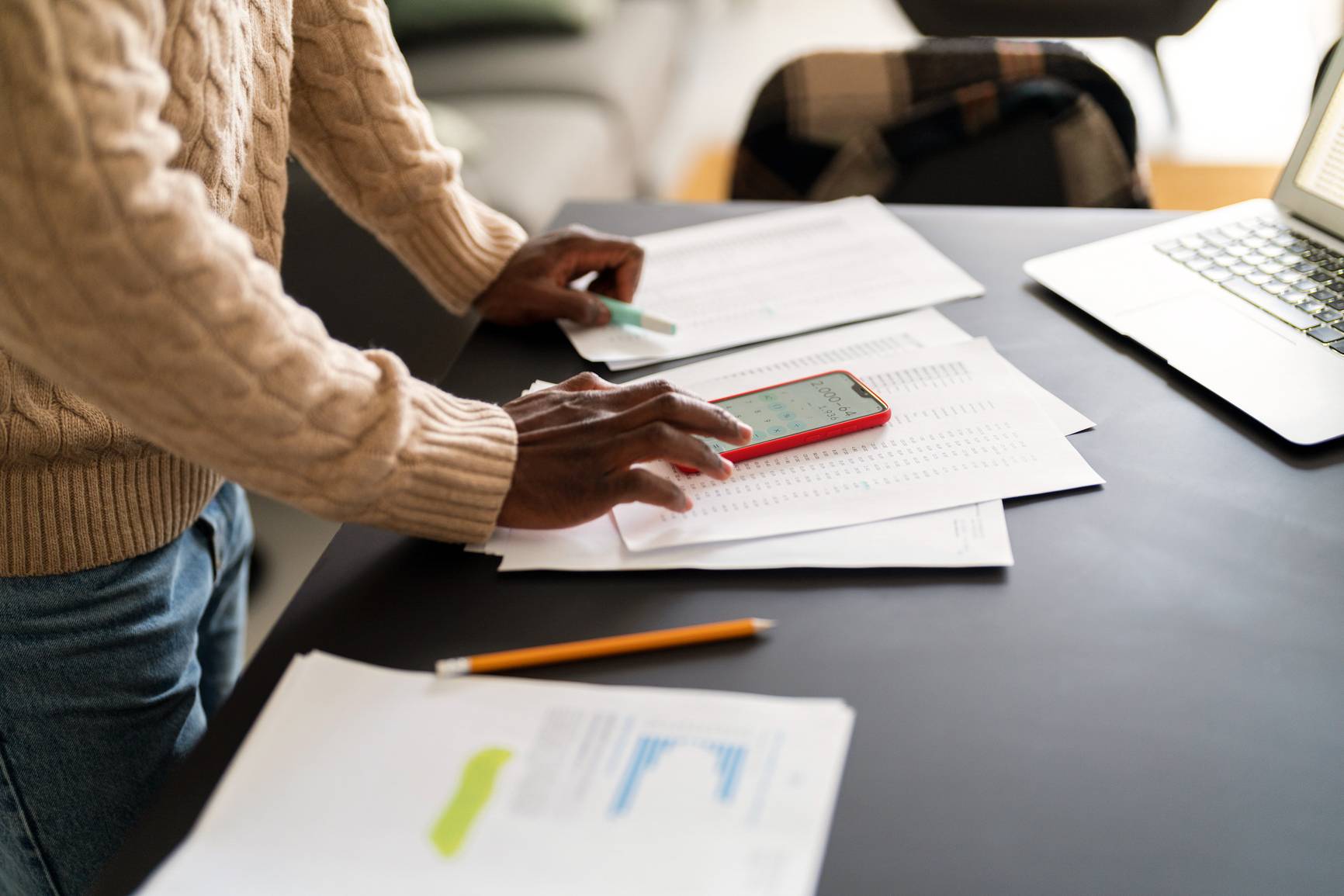Budgeting Strategies When You Have An Irregular Income

Ask the Experts – June 2019
For many people, talking about money isn’t something they do very often. Some might see it as impolite. Others have been taught that money is a private matter and that it’s not something that people should talk about. Another reason people don’t like to talk about money is because they aren’t confident in the money knowledge, so they’re worried about making a mistake or appearing uninformed.
However, talking about money is important. It’s what helps you learn and discover new ideas. You’ll figure out better strategies for spending, saving, and making financial decisions when you ask questions and discuss money.
This is why, every month, our financial experts answer money and finance questions. If you have a question for our team, ask us online on Facebook, Twitter or through our website.
The questions here have been condensed or rewritten for clarity and simplicity.
I don’t get paid the same amount every month. How can I make a budget when my income varies?
If you have a variable income (such as if you work irregular hours, work on commission, work freelance, etc) you might find it difficult to create a budget. When you get the same paycheque every two weeks, it’s easy to know how much money you have coming in. When these amounts change every month, or when you don’t get paid on a regular schedule, it’s a bit more difficult to create a budget. However, budgeting is important for everyone, especially if your income is irregular.
One tip is to determine how much you need to spend each month first, and then make sure you have this money. Instead of starting your budget with your income, start it with your expenses. Your income might be irregular, but your expenses don’t have to be.
Sit down and calculate the minimum you’ll need to spend each month to live. This includes groceries (but not eating out), mortgage/rent payments, utilities, medical costs, transportation (again, the lowest you could spend and still get to work and anywhere else you need to be each month), emergency savings, etc. This will give you a total for how much you will need each month to live. Be realistic with these amounts. Don’t calculate the cost of taking public transit to work if you’re realistically going to drive each day (for instance).
It then becomes your goal to make sure you always have at least this much money available. A good way to do this is to put most of your money into a savings account and then transfer the amount you need to pay your bills and afford your monthly costs into your main chequing account each month. Essentially, you’ll be living off last month’s income. This will ensure that you’re living off money you’ve already earned, and not money you could potentially earn in the future. If you earn more than what you need to spend each month, put it aside for the future. If you earn less, you’ll hopefully have some savings from previous months to make up the shortfall.
Where should I put the money I’m saving for emergencies?
Saving for emergencies is critical because you never know what will happen in life. Where you keep this money when you don’t need it is important as well. You’ll want to have your money somewhere it earns some interest (since emergency funds can get quite large and not earning any interest on this money is a lost opportunity) but also in a place where you can access it quickly when you need it. Locking your emergency fund in a long-term investment generally isn’t a good idea, since you might need it quickly if you must pay for a big car repair or if you need a new fridge, for example.
You can keep some of your emergency fund in your chequing account, since this will give you a good buffer if you need to do some additional spending, but you probably don’t want to put your entire emergency fund there. That’s because chequing accounts typically offer basically no interest. You may want to put the majority of your emergency fund in a savings account that offers more interest. Shop around and find one that offers a good rate. Make sure to check both traditional financial institutions as well as online-only banks, as long as you do your research first. Online-only establishments may offer higher interest rates.
Depending on how much you have in your fund, and what you might use it for, you may wish to invest some of it into a product that earns a bit more interest than a savings account. However, you’ll likely want to avoid risky investments since you want to make sure your emergency fund is there when you need it.
Get out of debt
We offer a powerful debt-relief solution that can significantly reduce your debt without the drawbacks of declaring bankruptcy.
Take the first step
Book a free, confidential, no-obligation consultation and together, we can make a plan to help regain control of your money.
What you need to know
Although debt can be overwhelming, there are ways to start fresh and improve your relationship with money.